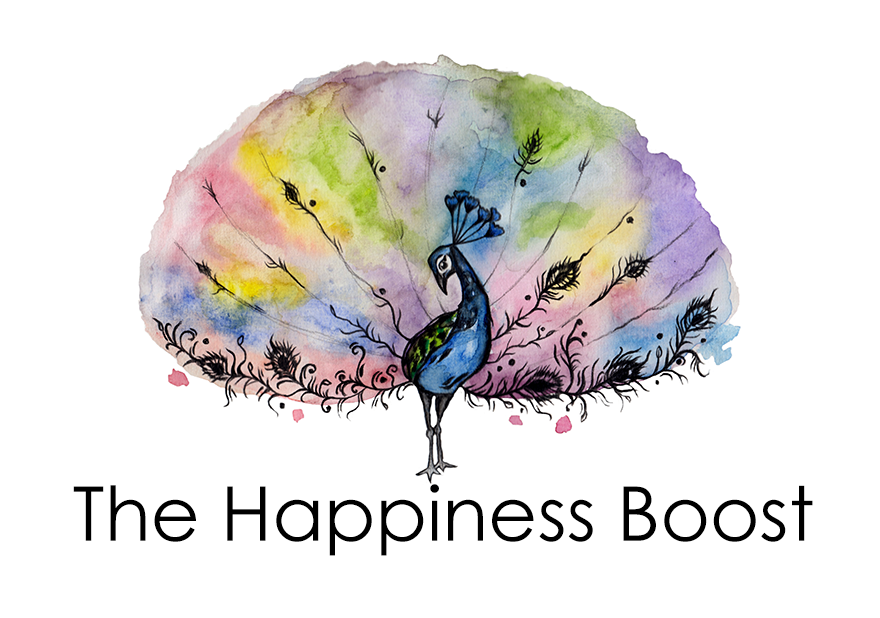For many years, I had a crippling fear of flying. When I was 18, I moved to the Netherlands, and therefore was forced to make the dreaded 11-hour flight back to South Africa once a year to visit my family. The weeks before the flight would be filled with sleepless nights imagining all the possible ways that the plane could crash. I always got into the plane, but the entire flight was torture. Heart pounding, hands clammy, I would grip the sides of my seat tightly when the plane took off or made a slight turn, bracing for the impact that never came.
I tried everything possible to try get over the fear- from breathing exercises to self-help books -but nothing worked. Then a few days before a particular flight back home I met a good friend of mine for coffee. My friend had just come back from vacation and excitedly recounted the fun things she had done including her highlight- jumping out a plane. She described the exhilaration of the experience and how much fun it had been. I found it very hard to relate to how jumping out of a plane could be anything but terrifying, but the thought of actually enjoying it circulated in my mind for the next few days.
What was surprising to me was that the more I started thinking about my friend’s experience, the more I began to feel a bit silly about the anxiety I had been having about my upcoming flight. After all, I was not going to be jumping out of a plane, instead I was just going to be sitting still in a large plane which would be flown by a safe reputable company. I realized that rather than seeing my upcoming trip as frightening, my friend would probably view it as boring. I wished so much that I could be my friend on the flight instead of myself. And then it dawned on me that I could be her, well in any case I could act like her.

And so, I set up a little experiment for myself and I walked on the plane not as me- somebody who was absolutely sick with fear and who believed the plane was doomed to crash, but rather as someone who was not thinking about the plane crashing, instead about how excited she was to watch some in-flight movies, get some sleep and see her friends and family at the end of the trip, someone who actually hoped for a bit of turbulence to spice up the long trip.
The surprising thing was that my experiment worked. As the plane took off the initial anxiety kicked in, but instead of panicking, I just envisioned how my friend would act and my anxiety immediately reduced. And the best part of it all is that my fear of flying has not come back. I’ve been in many planes since then and I have actually started to enjoy the trip, something that would have been inconceivable before. When turbulence hits, I just imagine that I am my friend enjoying the feeling of being thrown up and down in the air like on a rollercoaster and my body immediately reacts accordingly-with excitement instead of anxiety.
The Power of Distance
Acting allows you to create distance between yourself and your thinking patterns and this distance gives you the freedom to experience a new way of thinking- one that is healthier and more rational.
Kate Avis
So how can a simple acting exercise cure a phobia that had been wreaking havoc on my life for years?
My experience reminded me of a story that I was taught in my psychological studies to illustrate the power of thoughts on emotion. The story goes like this: two little boys are playing in the ocean, when a big wave comes and knocks them over. The one little boy thinks that the ocean is incredibly dangerous and so when the wave comes, he immediately
believes that he about to die. As a result, he experiences anxiety and starts screaming and crying in fear. Meanwhile, the other boy has the belief that the ocean is fun and therefore when he sees the big wave arriving, he thinks ‘how exciting’ and consequently enjoys the experience of being knocked over. Unlike the other little boy, he resurfaces smiling and laughing.
The moral of the story is that thoughts have great power in affecting our emotional experience. However, while changing your thoughts may sound easy, in practice it can be quite difficult. Thought patterns often become habit and habits are hard to break. But that is where acting comes in. Acting allows you to create distance between yourself and your thinking patterns and this distance gives you the freedom to experience a new way of thinking- one that is healthier and more rational.
But what do you do if acting does not come naturally to you? For all those acting newbies, I have created the following step by step guide to get into character and enjoy the ride.
Step by Step Guide to Overcoming Fear by Acting like Somebody Else:
- Identify your Fear.
Grab a pen and paper and write down your fear. Try to write the fear as precisely as possible. - Identify your Muse.
Next write down the name of somebody who you know who does not share the same fear as you. - Get Curious.
Write down how you think this person would view the situation. For example, would they view the spider that haunts your dreams as annoying rather than petrifying? If you are struggling with imagining how they would view the situation, then go straight to the source and ask them. - 3…2…1…Action!
Next time when you are in your feared situation, close your eyes, take a few breaths, picture your muse in your mind and step into character. It can even help to adopt certain mannerisms that they have to make the acting process easier e.g. wear their favorite color, speak like them etc. - Practice, Practice and Practice
Any chance you get to face your fear and step into character take it. Soon it will become so natural that it won’t feel like acting anymore, but rather your own response to the situation.

